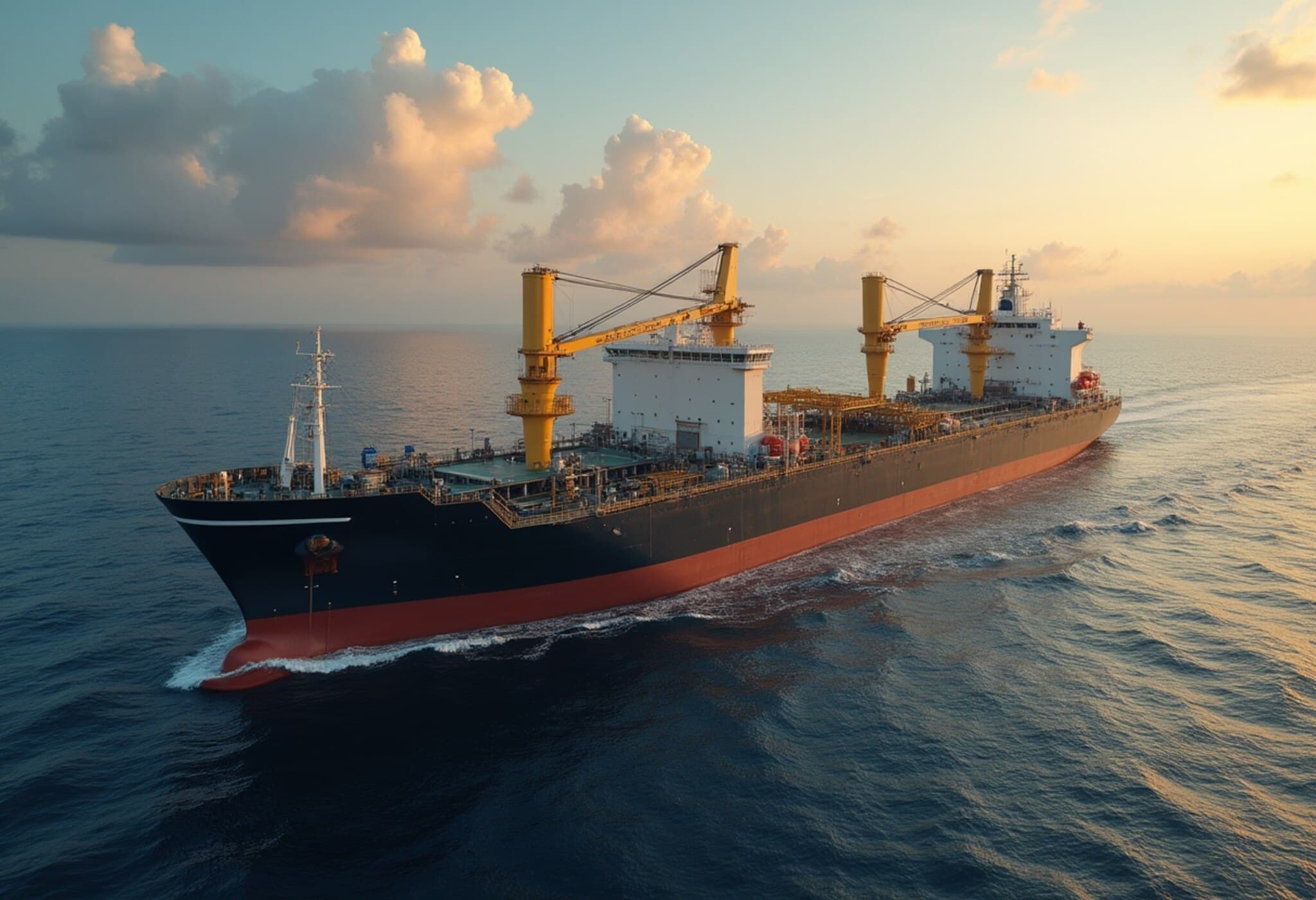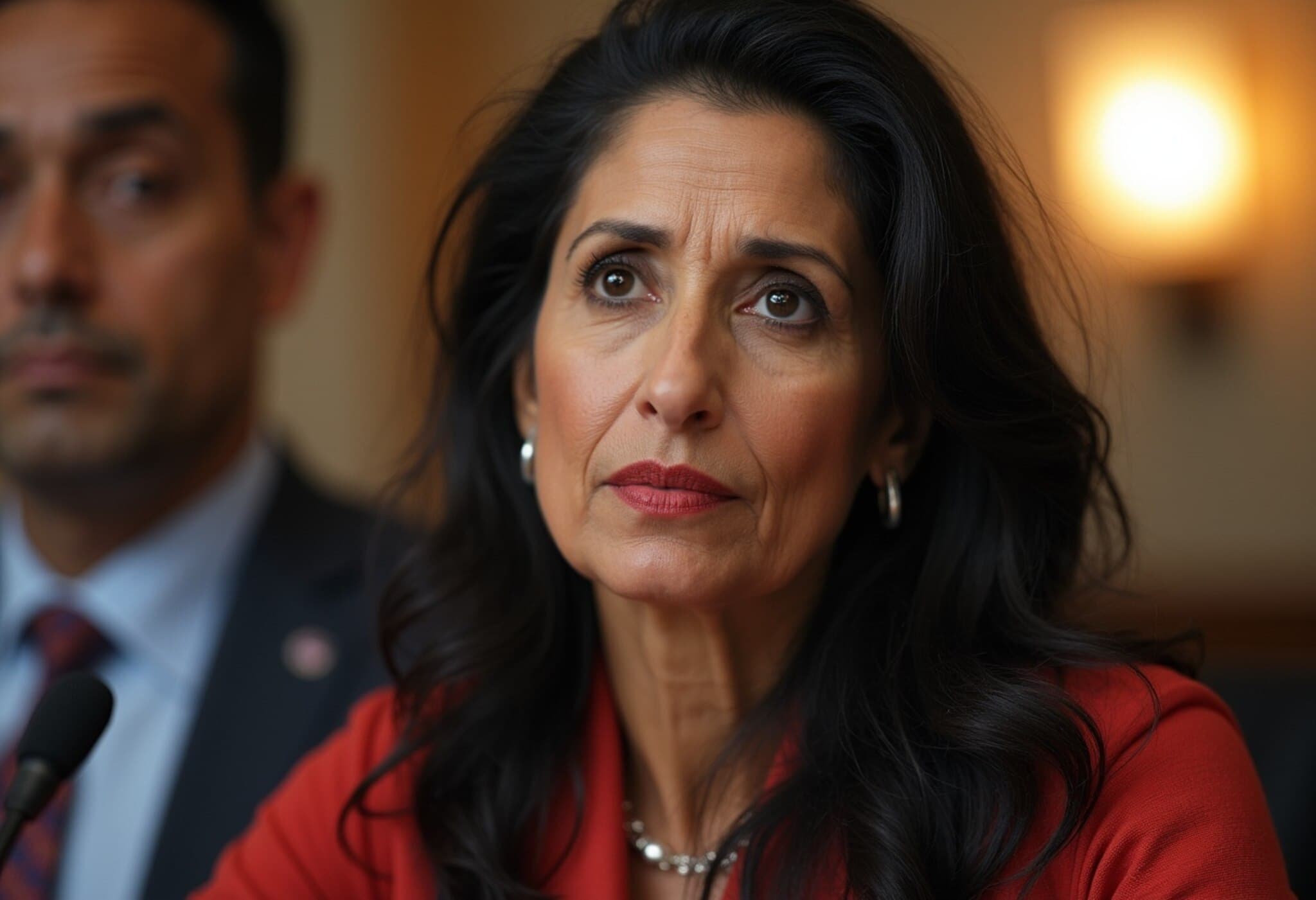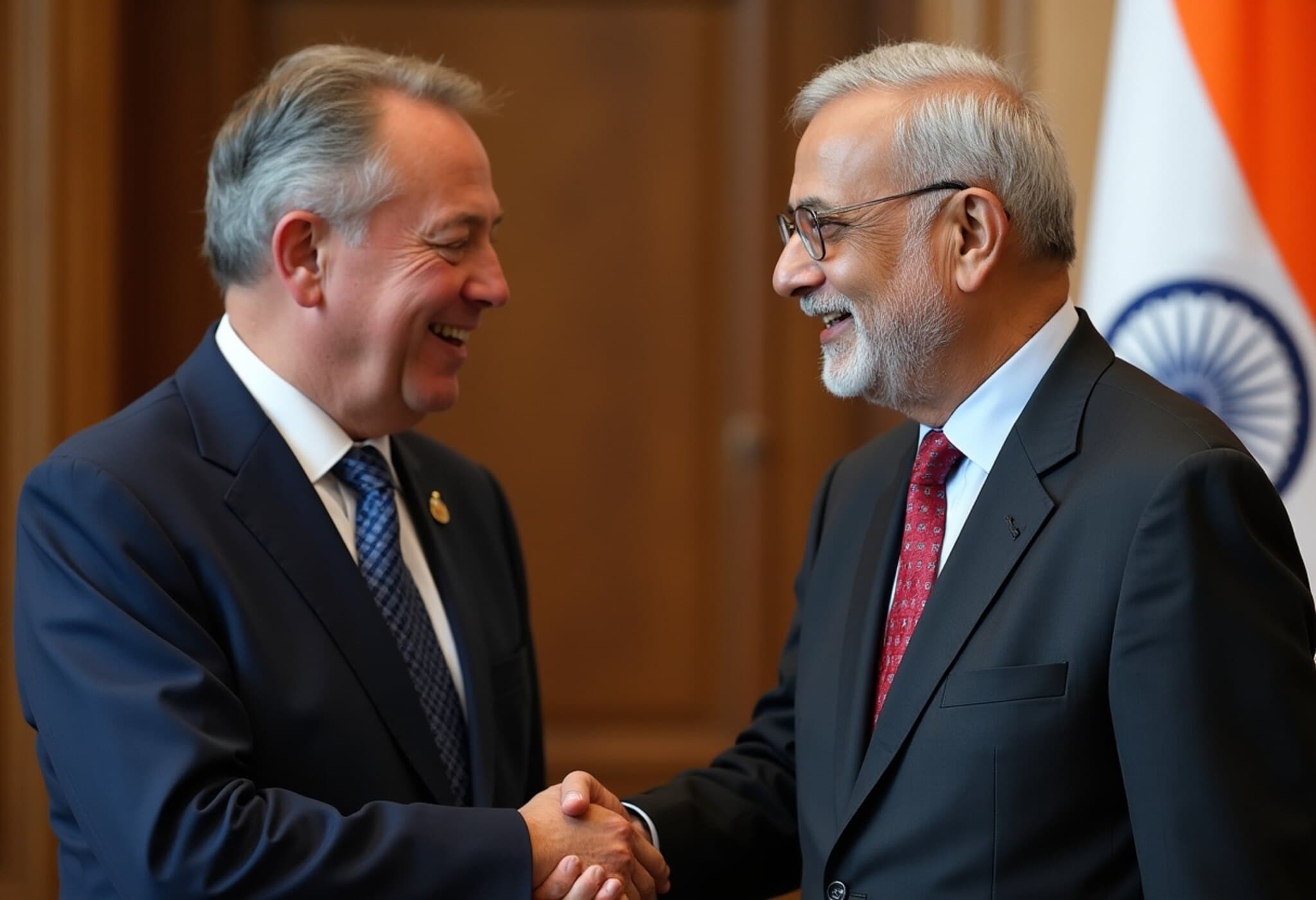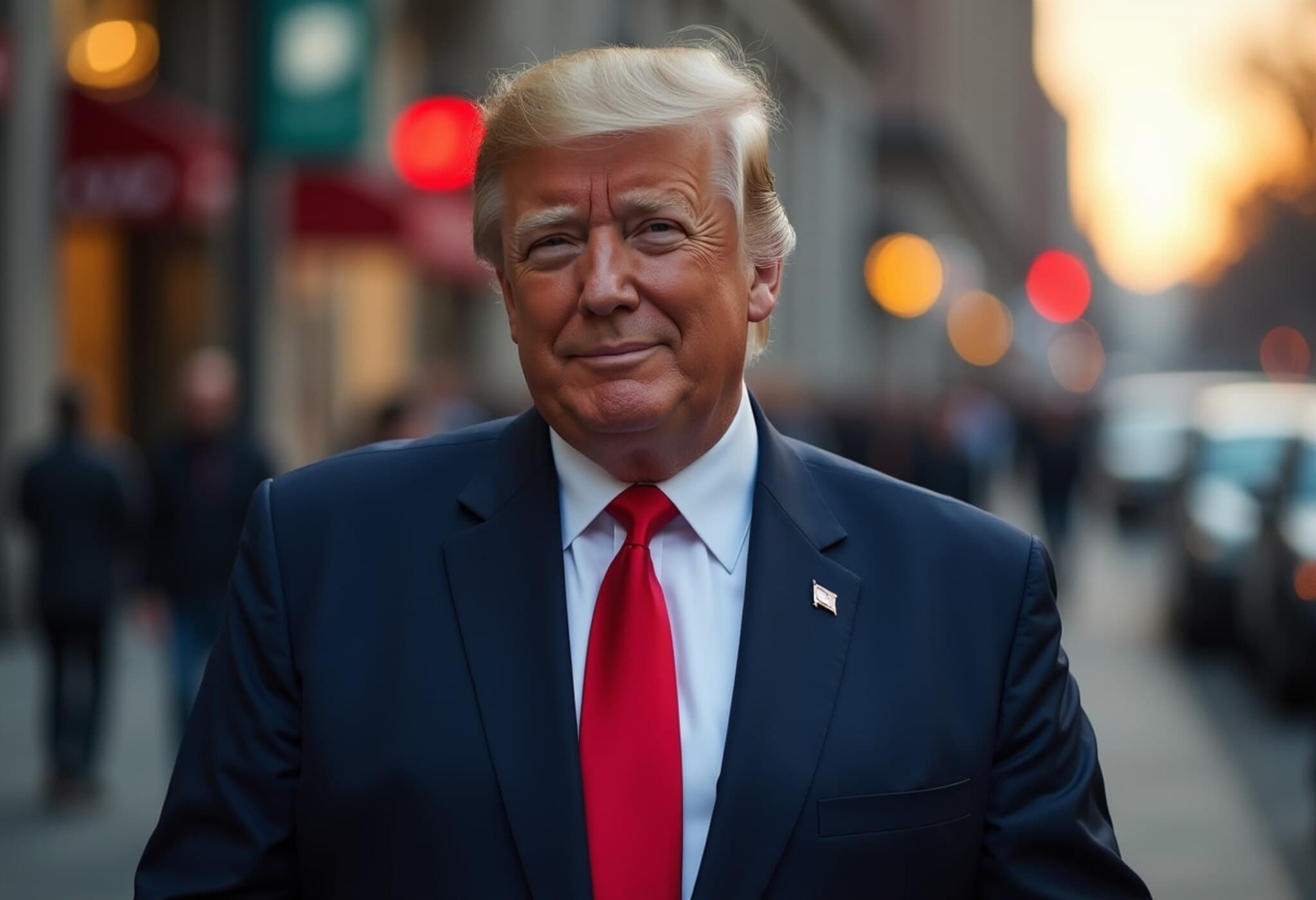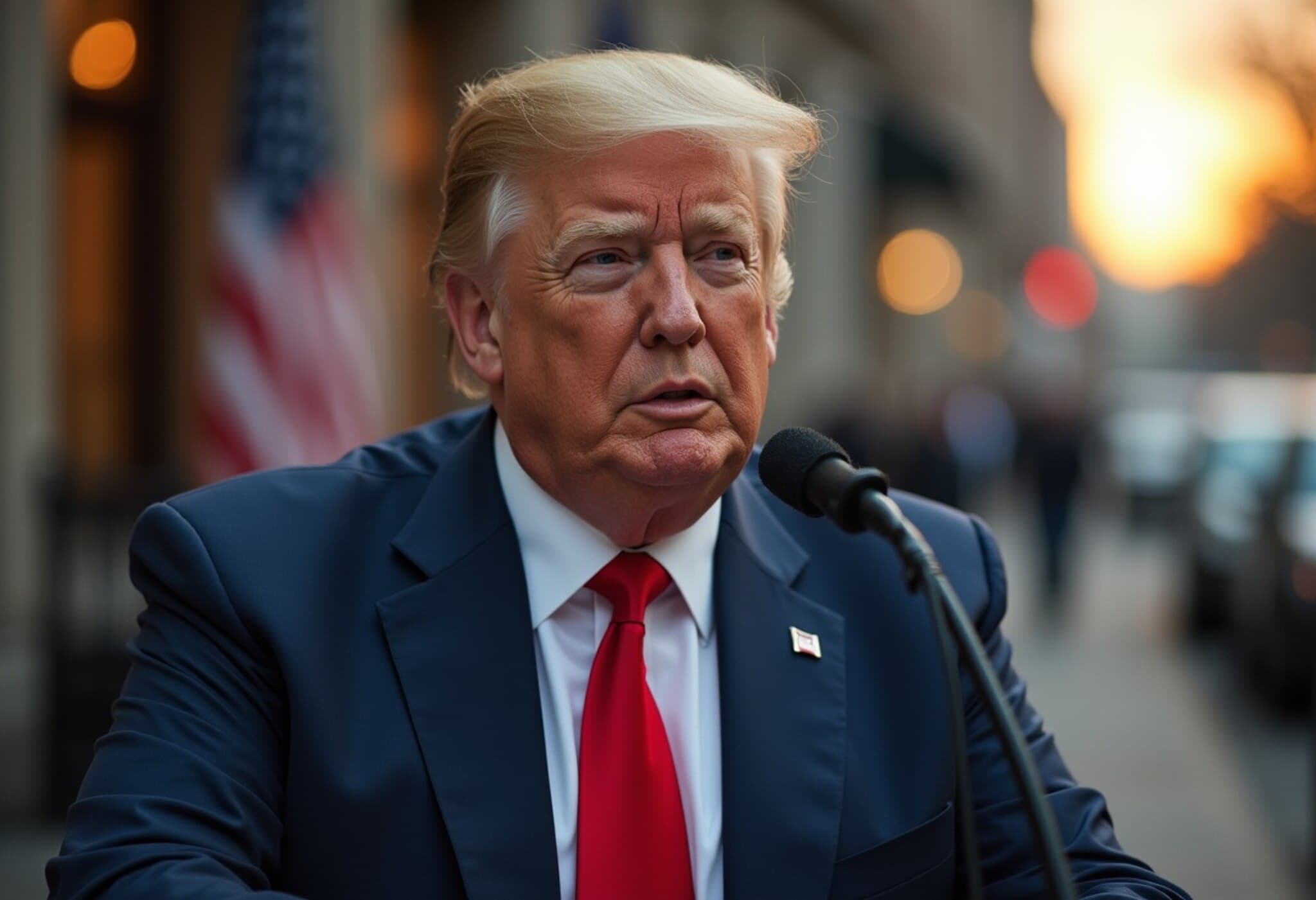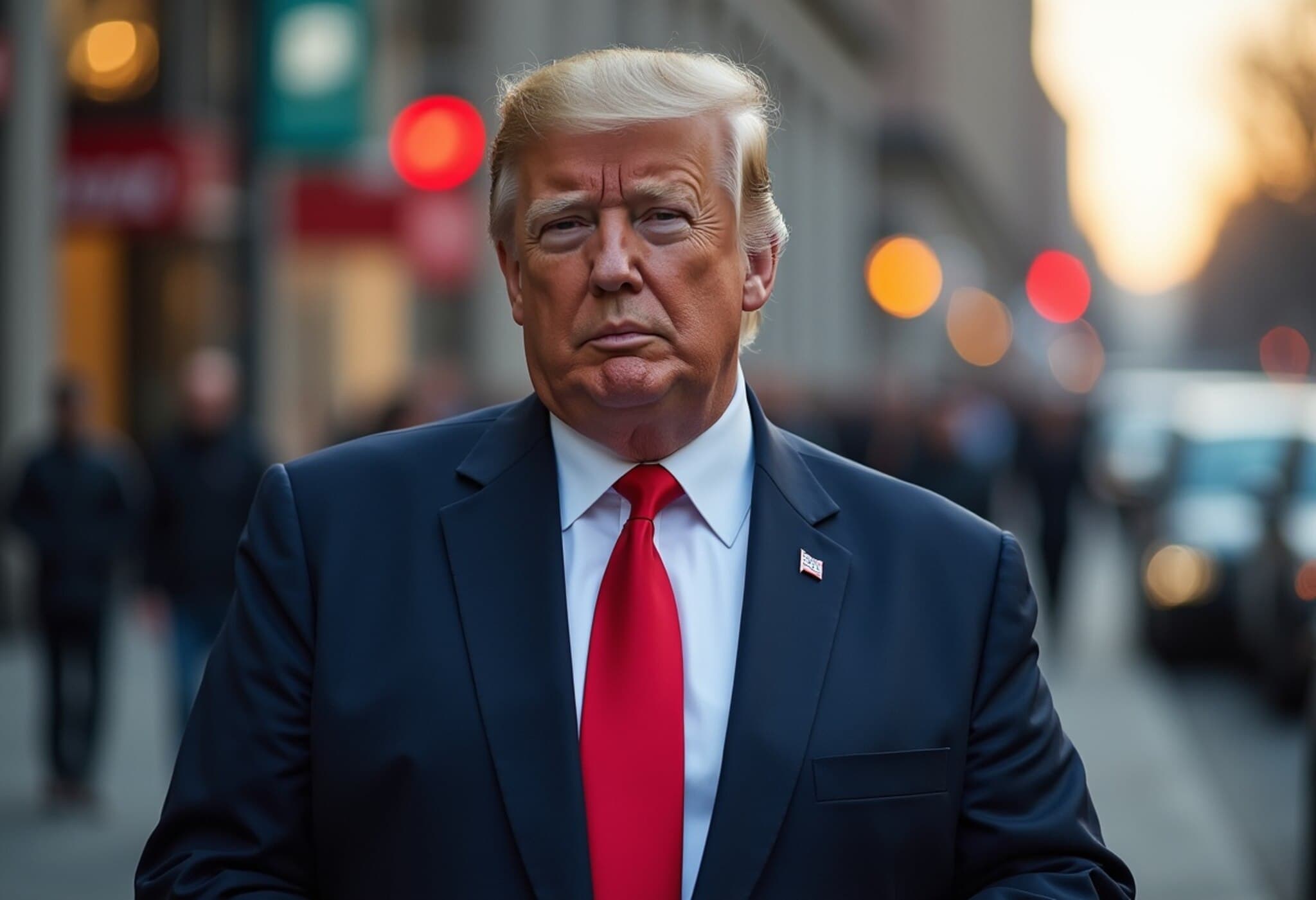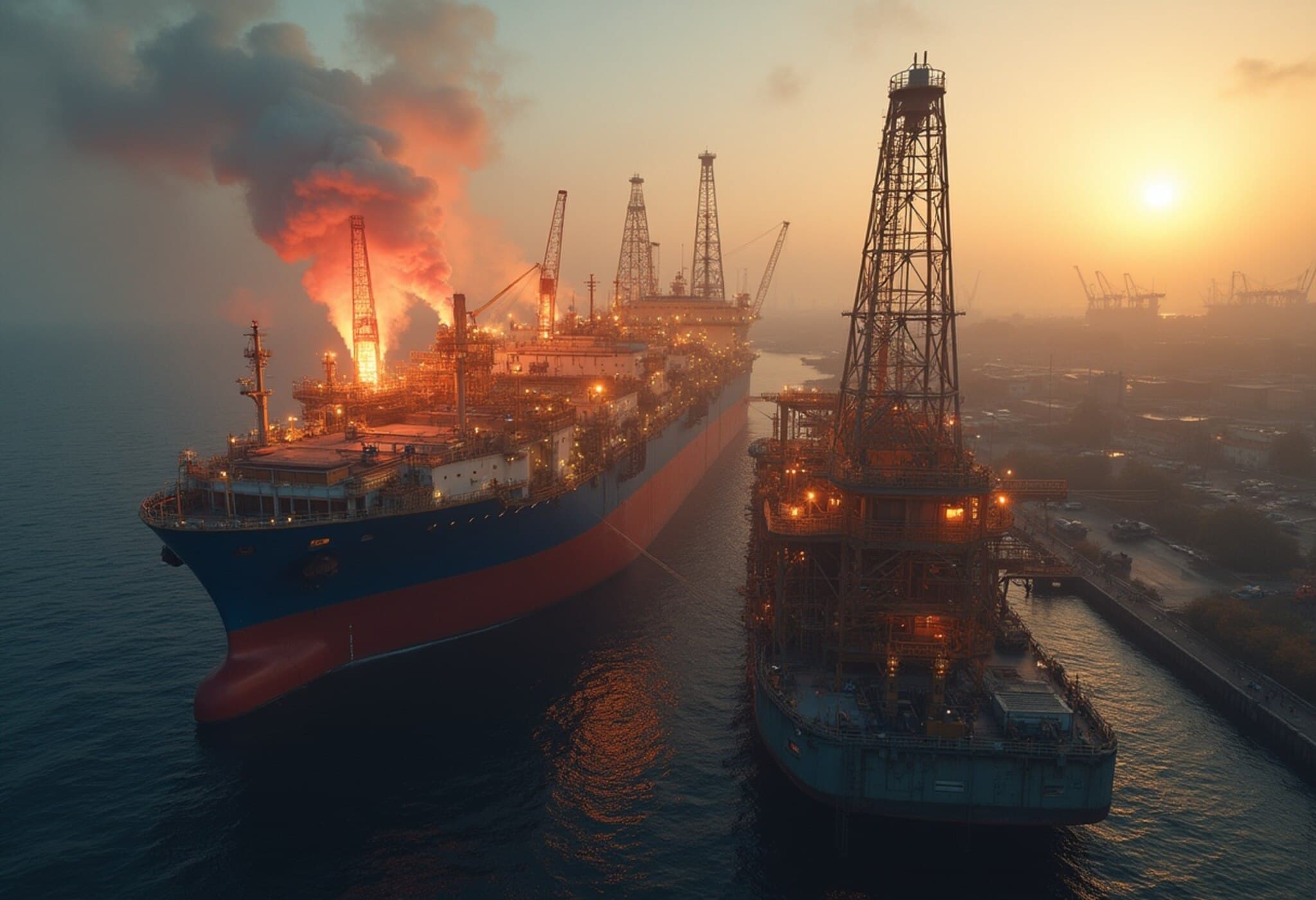India Denounces US Tariffs Targeting Russian Oil Imports
On August 6, 2025, India voiced strong objections against the United States’ recent decision to impose additional tariffs on Indian imports of Russian oil. The Ministry of External Affairs (MEA) described the move as “unfair, unjustified and unreasonable”, emphasizing India's sovereign right to secure energy for its vast population.
India’s Energy Security and Market-Driven Decisions
In an official statement, the MEA stressed that India’s oil imports from Russia are based strictly on market considerations and the pressing need to maintain energy security for its 1.4 billion citizens. This pragmatic approach aims to balance affordable supply amid the global energy volatility experienced since the conflict in Ukraine disrupted traditional supply chains.
The ministry expressed deep disappointment that the US would penalize India for trade actions mirrored by several other nations acting within their national interests. “It is therefore extremely unfortunate that the US should choose to impose additional tariffs on India for actions that several other countries are also taking,” the statement read.
Context: Rising US Tariffs and Their Impact
Last Wednesday, the US administration escalated tariffs on Indian goods by an additional 25%, bringing the total levy to 50%. This increase is directly linked to India’s ongoing energy partnership with Russia, defying Washington’s efforts to isolate Moscow economically.
The tariffs are scheduled to be enforced within 21 days of the order, by August 27, raising concerns among Indian exporters and trade analysts about potential retaliation and disruption in bilateral trade.
Expert Insight: Navigating Geopolitical Energy Crosswinds
Energy policy experts note that India’s stance represents a broader trend of emerging economies asserting their energy autonomy against Western pressure. Dr. Anjali Desai, a South Asia energy policy analyst, explains, “India is walking a fine line between maintaining strategic ties with the US and safeguarding its energy needs. Given the domestic demand and limited alternatives, imposing restrictions on Russian oil imports would have serious economic repercussions.”
Furthermore, the tariffs underscore the complexities of global trade politics where energy intersects with national security and diplomacy. Analysts point out that unilateral sanctions often have unintended consequences, potentially pushing countries toward more diversified alliances and challenging US influence in the Indo-Pacific region.
What’s Next: India’s Response and Broader Implications
The MEA reiterated India’s commitment to taking all necessary measures to protect its national interests amid what it considers unfair treatment. This could range from diplomatic engagements to potential reciprocal trade actions.
India’s reaction also raises critical questions about the future of international trade norms in an increasingly multipolar world. Can the US maintain its leadership in enforcing economic sanctions when key partners resist? How will this tension affect global energy markets and geopolitical alliances moving forward?
Editor’s Note
The US decision to impose significant tariffs on Indian imports linked to Russian oil showcases the evolving complexities in geopolitics of energy and trade. This dispute highlights how countries like India must balance economic pragmatism against geopolitical pressures—especially when energy security is at stake for over a billion people. Readers should watch for emerging diplomatic dialogues and any shifts in global supply chains resulting from this friction, which could redefine international economic cooperation in the years ahead.







